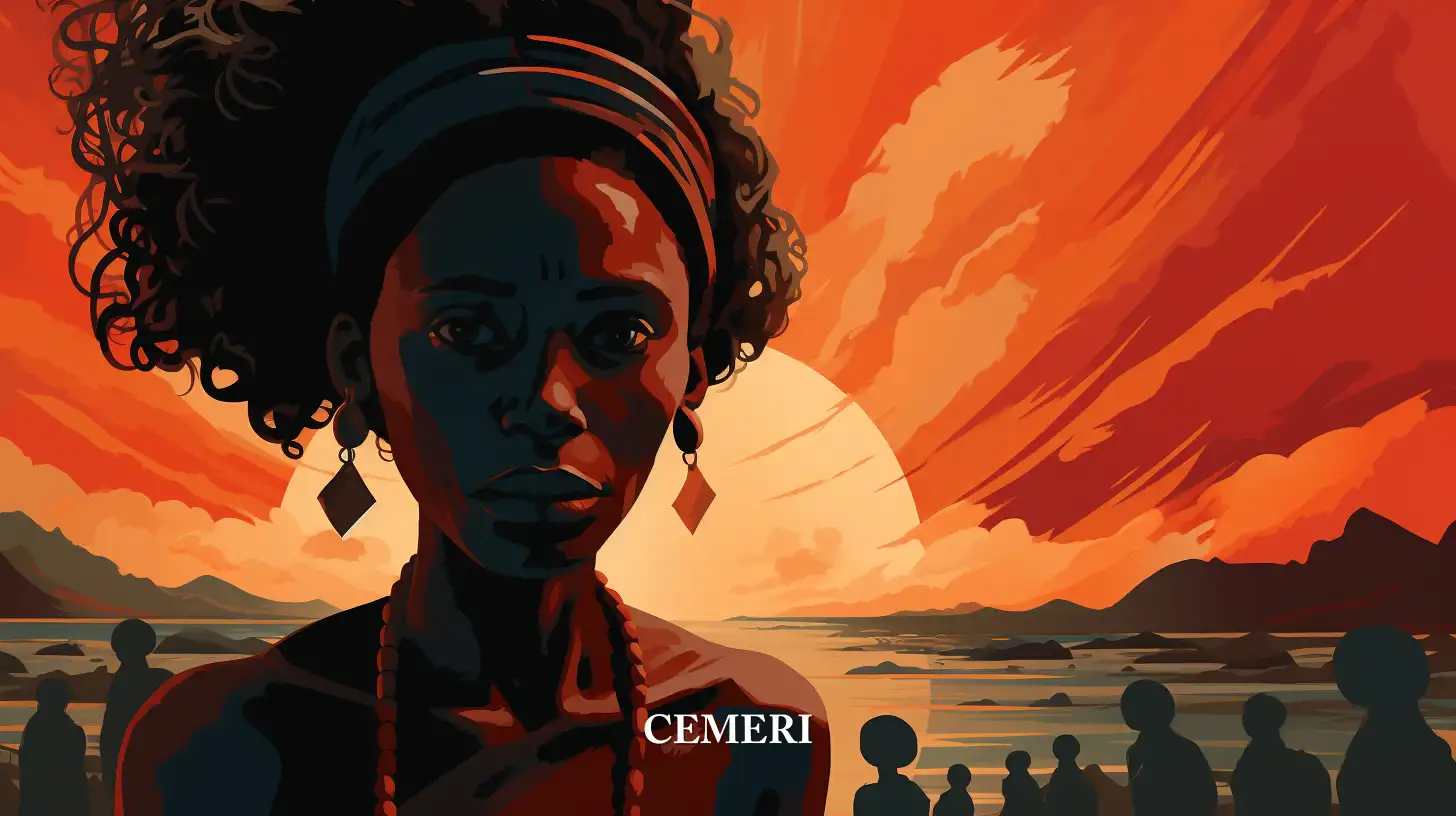Analysis
Gabriela Madera y Andrea Gutiérez
The problem of being a woman in Papua New Guinea
- Around two thirds of the female population in Papua New Guinea have experienced physical and sexual violence.

The various human rights violations in Papua New Guinea have been a topic of attention in recent years. These often target women and human rights defenders living in the country. The situation has become increasingly serious and widespread, for which the United Nations (UN), together with other non-governmental organizations, have pressured the Papuan government to guarantee the protection of all people and the fulfillment of its international responsibility. .
According to the BBC, around two-thirds of the female population in Papua New Guinea has experienced physical and sexual violence from their partners (2018). The foregoing, added to the systematic beliefs and practices that exclusively benefit men, place the oceanic country as one of the most dangerous in the world for women.
On the other hand, despite the existence of a Family Protection Act that came into force in 2013 and that offers the possibility of reporting situations of violence, with penalties ranging from fines, protection orders or up to 2 years in prison, the Most of the victims do not take legal action against their violators (Putt & Canan, 2021). Likewise, a macho culture persists in the country that normalizes attacks on women. An example of this is the so-called "raskols", a criminal group that openly admits violent behavior, including sexual abuse.
In addition to the above, in Papua New Guinea witchcraft, known as "sanguma" in the Papuan Creole language Tok Pisin, had been considered illegal since 1971, which directly affected women. According to data from the Office of the United Nations High Commissioner for Human Rights (OHCHR), women are six times more likely than men to be accused of said crime (Penchaszadeh, 2011).
Even though the law was repealed in 2013, around 400 cases of violence related to witchcraft accusations are reported every year, especially against women and girls. The process is usually simple, regularly after the unexpected death of a family member, a "Glasman" is hired, in masculine or a "Glasmeri", in feminine, who act as witnesses to identify and confirm the person designated to practice. sorcery (NU, 2022). With the arrival of the pandemic, these cases increased, mainly due to the lack of adequate health services, which led to “sudden” deaths (BBC News, 2021).
Customs and beliefs are a determining factor for the possible penalties that the person marked as a witch or sorcerer will obtain. Especially in some regions of the Highlands, gang slaying without any kind of proof or trial, based purely on speculation, is common. With likely punishments including torture and death, older women from poor communities are the most common victims (Platino, 2022).
In response to this, the Papuan government created a parliamentary committee on gender-based violence in 2021, hoping to reduce the problem. Additionally, figures were presented showing the number of attacks related to accusations of witchcraft from 2000 to 2020, which amount to 6,000 (Platino, 2022). Despite the efforts made by the authorities and women's rights activists in Papua New Guinea, the situation appears to be escalating.
Human rights defenders, another common target
As mentioned above, not only women and girls are victims of violence in the oceanic country, human rights defenders are frequently deprived of their liberty, threatened and even killed for the work they do. This can be attributed to the belief of their interference with the practices carried out by local communities, especially in cases of witchcraft.
That is why the UN, together with the European Union, through an initiative called Spotlight, proposed legislation that raises the protection of women as well as human rights defenders. One of the most significant achievements of this project is the increase in penalties for those who use the services of Glasmans and Glasmeri, with fines of up to 10,000 kinas (around 2,800 US dollars) (ONU, 2022).
Likewise, the presence of human rights groups is increasingly common in Papua New Guinea. These have as their main objective the creation of a protection system for women victims of violence or at risk of suffering it, always in favor of the consolidation of peace in the country (Penchaszadeh, 2011). Despite the great advances that have been made, the many threats faced by activists pose a latent risk to said system.
For women, a historically vulnerable group, the safeguard that the Papuan government can provide them is essential, ensuring their well-being, especially in cases of violence. In the same way, those people determined to defend human rights must have the support of the corresponding authorities for the protection of their physical integrity, while generating the necessary links and spaces for a dialogue that leads to possible solutions to one of the more serious problems within Papua New Guinea.

